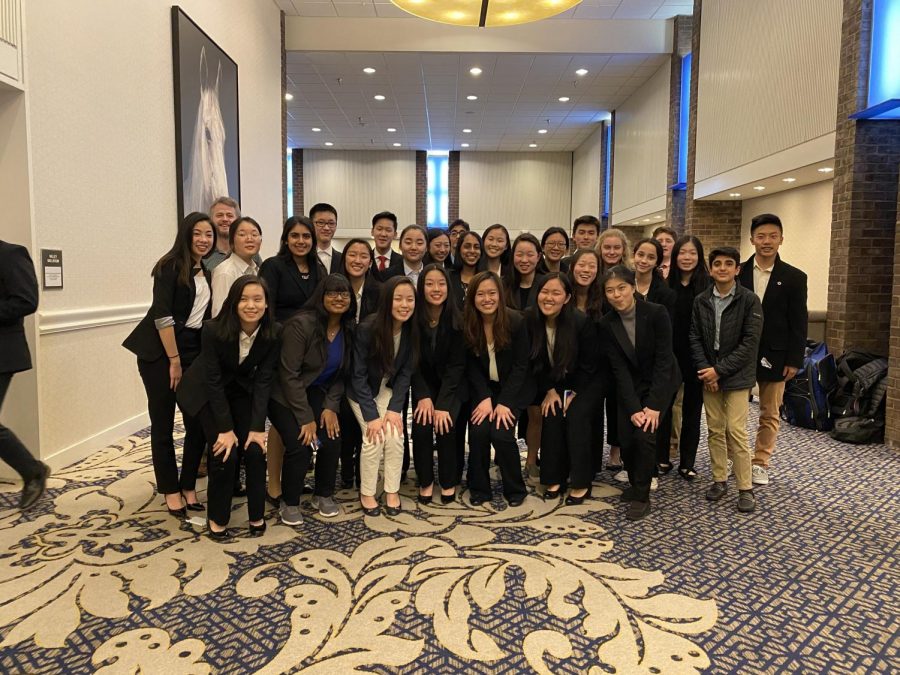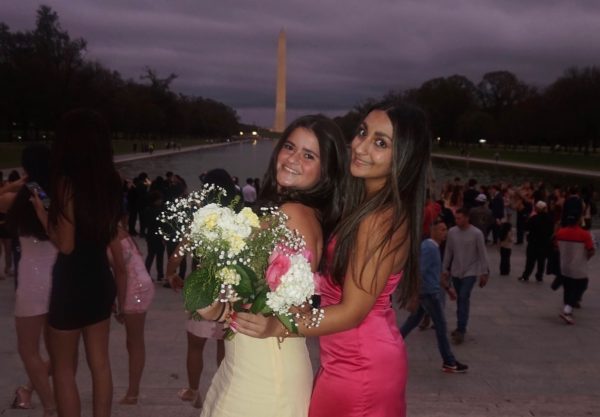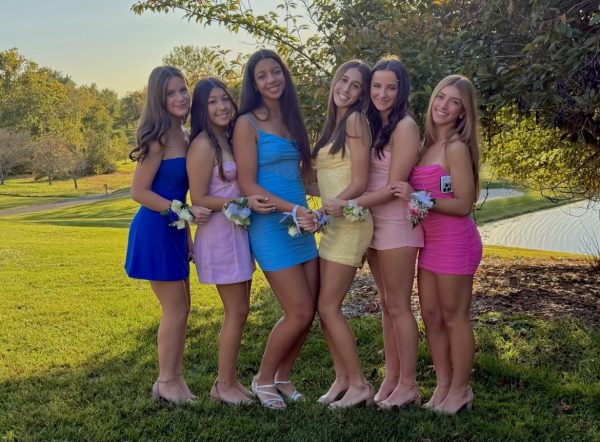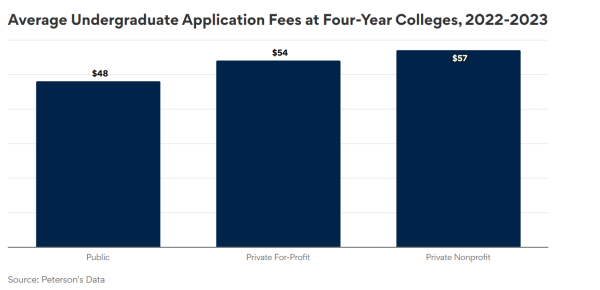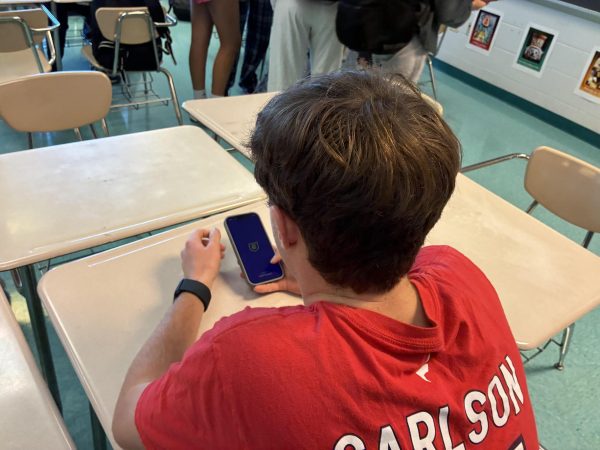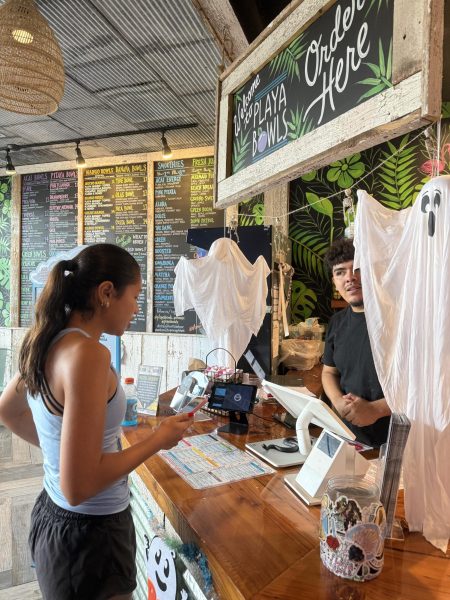Club leaders strive for virtual engagement
Had this been a typical school year, club leaders would’ve been gearing up for the Club Expo and preparing for in-person meetings. This year, however, most clubs are forced to coordinate group events virtually. This transition has been unique for each club, as club presidents adjust in ways that best fit their group.
Clubs that heavily involve attending in-person competitions have had to find ways to compensate for the uncertainty surrounding events this year. For instance, Distributive Education Clubs of America (DECA) is a business-oriented club that would have traveled to attend contests without the pandemic’s presence. “Under normal circumstances, we would attend annual competitions that involve traveling, so our activities mainly focused on preparing for those events,” Vice President of Public Relations senior Zoe Cheng said.
In place of attending outside events, DECA has organized a diverse set of virtual ways to engage club members. “We hope to host workshops inviting guest speakers who present on the business industry they work in and other career topics, such as entrepreneurship and interviewing tips. Other activities include business-related games, public speaking practice, social media challenges, and the opportunity to network with other DECA members throughout Maryland,” Cheng said.
Another way clubs have adapted to competition cancellation is by participating in online versions of events. Although the Mathletes team has been unable to attend their regular county meetings, they have opted for no-contact versions of such events. “Because a lot of our competitions were canceled, we are looking to participate in more virtual-only competitions. Within the next few weeks, we will be doing the Math Madness competitions we participate in every year. We’re also doing weekly Zoom meetings where we can review and practice together as a group,” senior club President Grace Li said.
Other clubs that involve in-person engagement, such as the Public Policy Club, have had to find alternate activities to coordinate. “Had the club been in-person, we were considering having a field trip and interacting more hands-on with public policy,” Vice President junior Parth Mishra said.
Despite this obstacle, Mishra and other officers within the club can use the virtual format. They contacted out-of-state experts within the field of public policy and invited them as guest speakers. “[An] aspect of virtual clubs that we enjoy is that we are able to host more guest speakers, such as when we hosted Harvard lecturer John Donahue,” Mishra said.
Another club that has successfully transferred its activities online is She’s the First, but this change was challenging. “So far, recruiting new members to the club has been the most difficult part; it’s really hard to find new members when we’re completely online, and there’s no real Club Expo,” President senior Ellie Helgeson said.
A large variety of distance learning alternatives exist for She’s the First. “We’re planning to do an online pen pal activity with our club sponsors, and we’ll continue to do restaurant nights so that our club can still fundraise. We also have one of She’s the First’s national executives coming to talk in October, and we’ll continue to work to spread awareness of STF’s mission at Wootton,” Helgeson said.
Your donation will support the student journalists of Thomas S. Wootton High School. Your contribution will allow us to purchase equipment and cover our annual website hosting costs.
Hannah Rah is a 2022 graduate.


